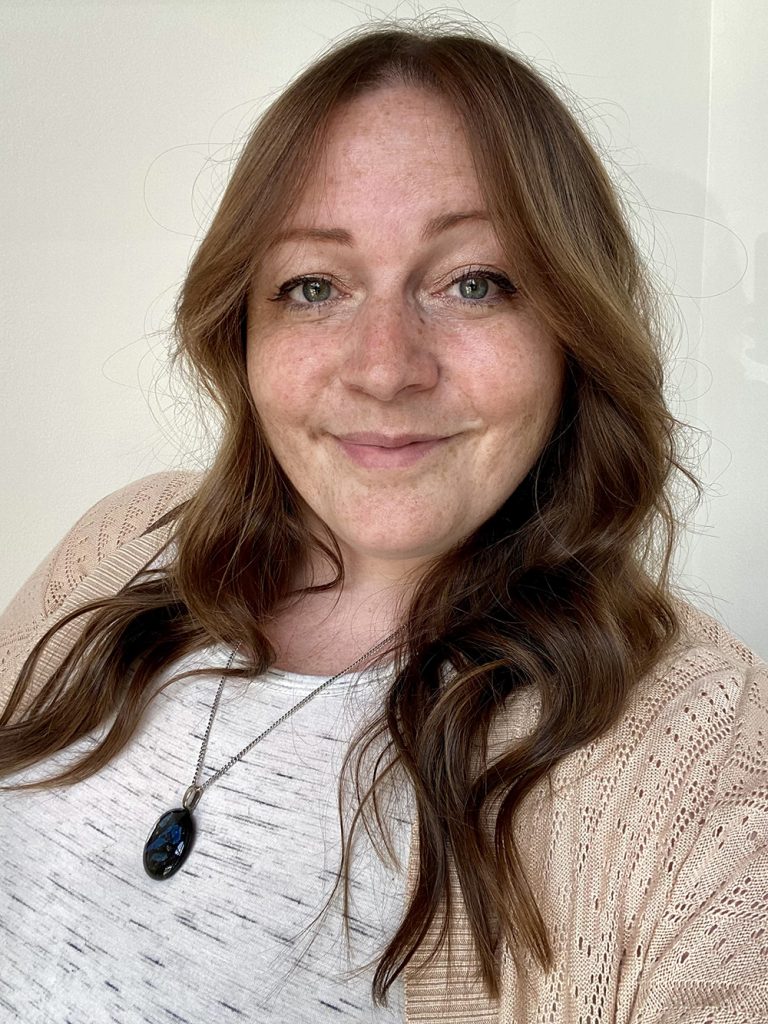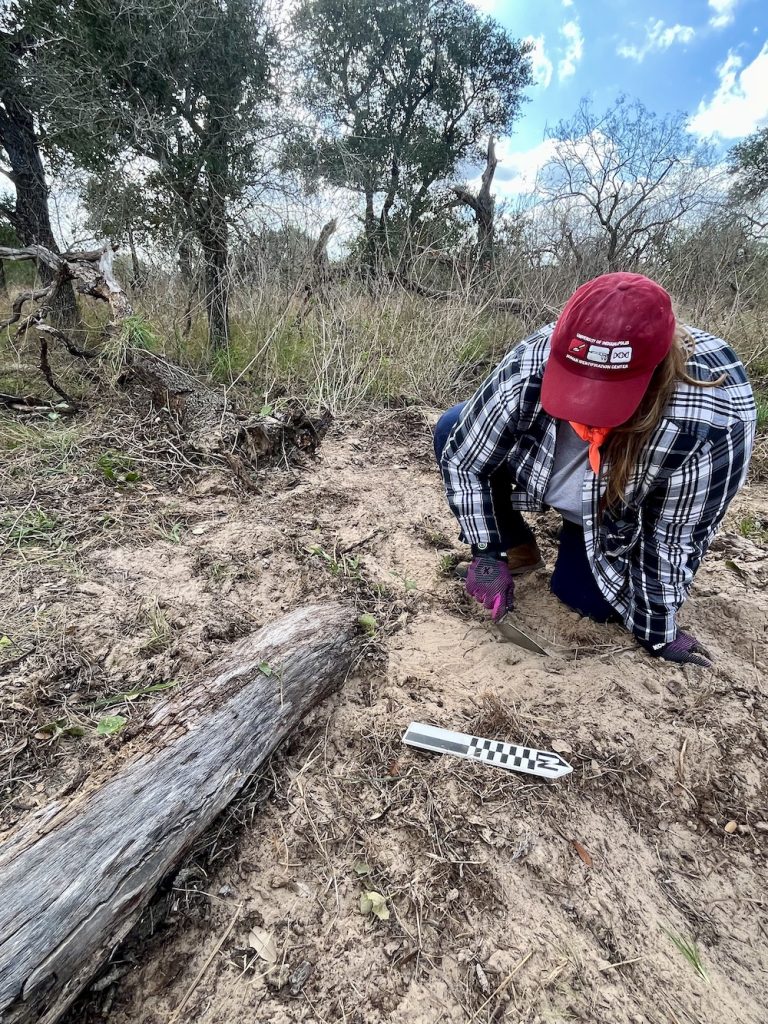
How did you become connected with this mission work in Texas?
As a professor in the Biology Department and a core faculty member of our Human Biology Master’s Program, I have long recognized the contributions of my colleague, Dr. Krista Latham, and our UIndy graduate students through the Beyond Borders effort. Given my availability over this upcoming winter break and my expertise in archaeology and osteology, I was invited to join this year’s team. Having heard their powerful stories over the years, I’m looking forward to continue experiencing this important work firsthand.
Why is this humanitarian work important to you?
As a biological anthropologist, humanitarian work represents a chance to address the vulnerabilities of populations often neglected by society. Migrants crossing borders in search of safety or different opportunities face extreme physical and psychological challenges, including dehydration, malnutrition, and exposure to violence and harsh environmental conditions. By applying my expertise in searching for missing persons and identifying skeletal remains, I aim to help give a voice to individuals whose stories might otherwise be unknown. Making a meaningful impact on a large scale is difficult, but through efforts like Beyond Borders, I can try to make small positive changes and work together with those around me to raise awareness about this humanitarian crisis.

What are some of the biggest challenges you will face while in Texas?
Spending time in a rural part of Texas and seeing evidence of the lives of individuals that have passed through this area will likely make me much more aware of my own implicit biases. As humans, we all have preconceived notions that have been shaped by our past experiences and perceptions of the world. Confronting our own biases can be deeply uncomfortable, but recognizing their presence (even when they’re subconscious) is essential for personal growth and fostering a deeper understanding of others. Additionally, having worked as an archaeologist in my younger years, I spent countless days immersed in outdoor fieldwork. However, as I’ve grown older, long days in the field hit me harder and I know this trip will be both emotionally and physically taxing.
What’s one thing people probably don’t know about you until they’ve known you a long time?
I love working with my hands! That might not be the biggest surprise given my anatomy dissection skills, but in my spare time over the years I have gotten very good at making stained glass and refinishing wood furniture.
What advice would you give to students interested in pursuing a human biology degree at UIndy?
Human biology is a diverse field that opens the door to a wide range of career paths. I encourage students to take a variety of courses during their studies to explore the many facets of this discipline and discover where their passions lie. Biology departments offer a wide array of courses, some of which focus specifically on the human body, like anatomy and physiology. Additionally, fields like anthropology delve into the study of humans from multiple perspectives, including biological, cultural, and archeological. A balanced combination of both biology and anthropology provides students with the essential foundation to understand how and why the human body has evolved to be structured and function the way it does. Finally, while in college, make sure you’re also making the most of the connections you have, not only with your peers but also with your professors and advisor, who can offer valuable insights and guidance.
What makes UIndy’s human biology program distinctive? We distinguish ourselves by offering students hands-on training and real-world experience through forensic DNA analysis and anthropology casework. Additionally, we provide opportunities for students to develop their teaching skills by working as tutors and teaching assistants within our department. Another hallmark of our program is our small class sizes, which allow our instructors to dedicate more time and attention to each student. Ultimately, our program is designed to guide students in discovering the right pathway for their goals while deepening their expertise in their chosen specialization. With Dr. Krista Latham, a board-certified forensic anthropologist, among our faculty, our program naturally draws students with a strong interest in forensics. We encourage these students to explore the structure of the human body, from its smallest building blocks to what is visible to the naked eye. Through courses such as genetics, human biological variation, human evolution, osteology, and gross anatomy, our students gain a more holistic understanding of the human form.